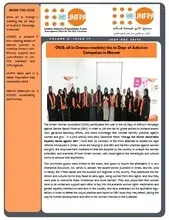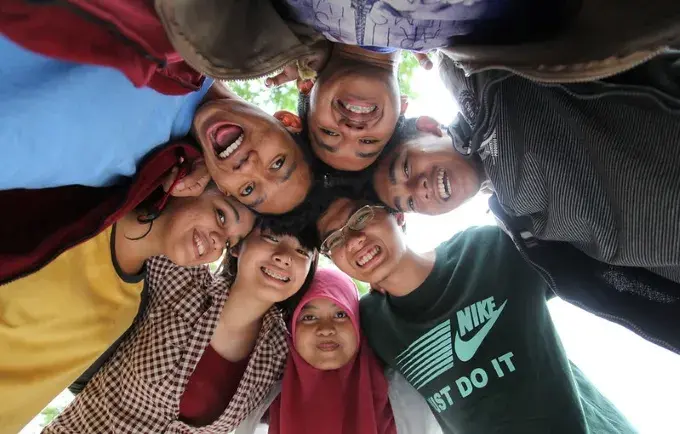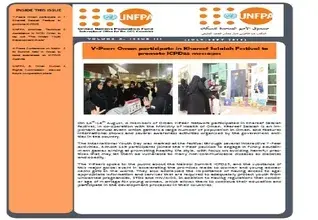Female Genital Mutilation (FGM) is a violent practice, scarring girls for life -- endangering their health, depriving them of their rights, and denying them the chance to reach their full potential. FGM is widespread. It is a global problem that goes well beyond Africa and the Middle East, where the practice has been most prevalent -- affecting communities in Asia, Australia, Europe, North and South America. And the number of girls and women at risk will only get larger if current population trends continue, wiping out hard-won gains. FGM is discrimination. It both reflects and reinforces the discrimination against women and girls, perpetuating a vicious cycle that is detrimental to development and to our progress as a human family. FGM must end. In September at the United Nations Sustainable Development Summit, 193 states unanimously agreed to a new global target of eliminating FGM by 2030. This recognition that FGM is a global concern is a critical milestone. But the recognition, while important, is not enough. To protect the well-being and dignity of every girl, we need to take responsibility as a global community for ending FGM. That means we need to learn more -- improving our data collection to measure the full extent of the practice -- and do more. We need to encourage more communities and families to abandon FGM. We need to work with larger numbers of medical communities -- including traditional and medical professionals -- persuading them to refuse to perform or support FGM. We need to support more women and girls who have undergone the harmful practice and provide them with services and help to overcome the trauma they have suffered. And we need to support and empower girls around the world to make their voices heard and call out to put an end to FGM. All of us must join in this call. There simply is no place for FGM in the future we are striving to create – a future where every girl will grow up able to experience her inherent dignity, human rights and equality by 2030. About UNFPA UNFPA works to deliver a world where every pregnancy is wanted, every childbirth is safe and every young person’s potential is fulfilled. About UNICEF UNICEF promotes the rights and well-being of every child, in everything we do. Together with our partners, we work in 190 countries and territories to translate that commitment into practical action, focusing special effort on reaching the most vulnerable and excluded children, to the benefit of all children, everywhere. For more information about UNICEF and its work visit: www.unicef.org Follow us on Twitter and Facebook. For further information, please contact: Omar Gharzeddine, UNFPA New York +1 212 297 5028 Melanie Sharpe, UNICEF New York, + 1 917 251 7670
International Day of Zero Tolerance for Female Genital Mutilation
News
International Day of Zero Tolerance for Female Genital Mutilation
06 February 2016




